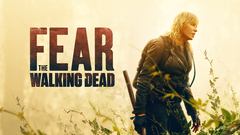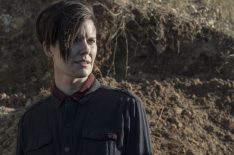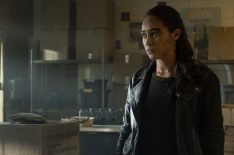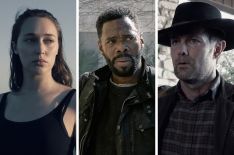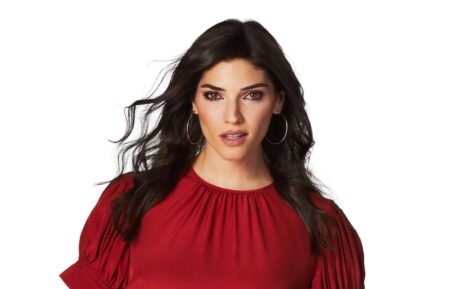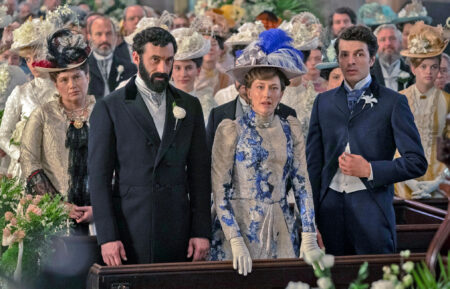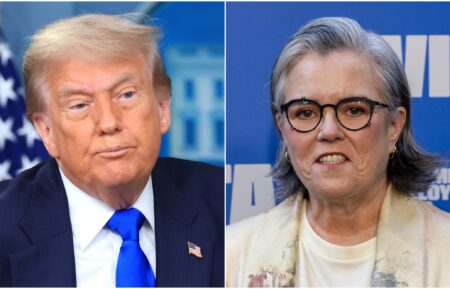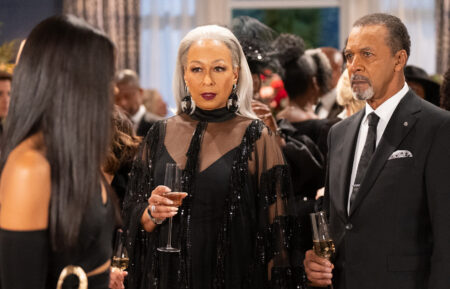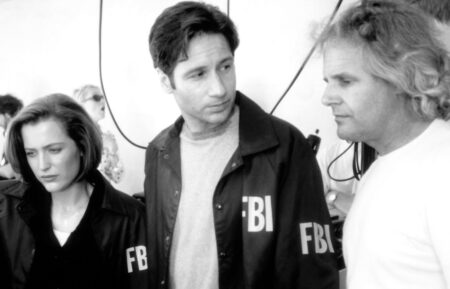Unfortunately, ‘Fear The Walking Dead’ Season 5 Still Has Problems to Fix
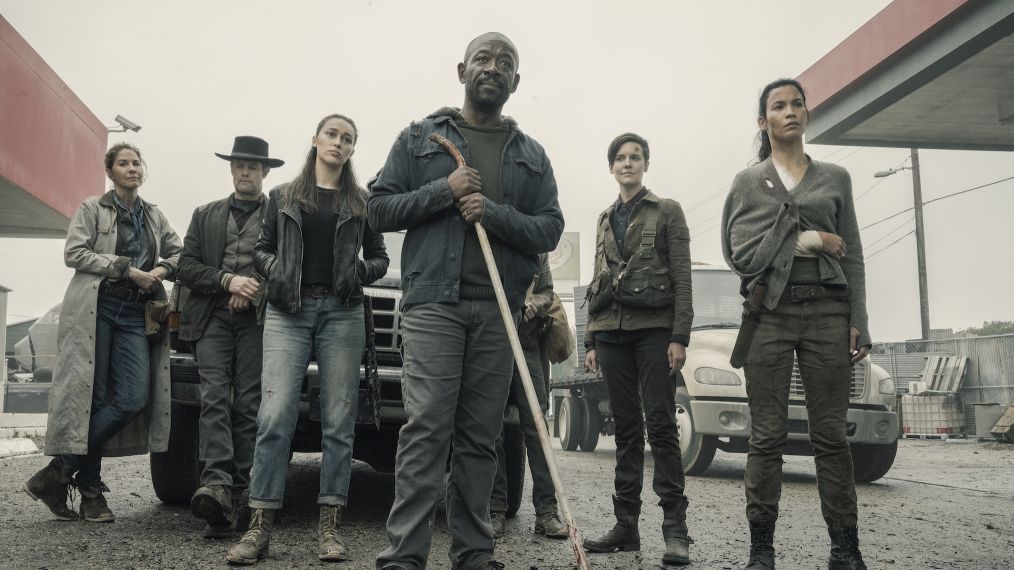
Opinion
If you’re confused by what’s happening on Fear The Walking Dead right now, rest assured you’re not the only one.
Fear’s 180-degree change in narrative direction has been one of the more baffling moves the larger AMC franchise has made (along with killing Carl Grimes and Madison Clark, which will probably always top the list). Giving Morgan his own show wasn’t a bad decision—Lennie James is a great actor, and a leading role suits him well, though it’s a pity it happened at the same time as Frank Dillane and Kim Dickens’ exits. And lately, Morgan’s show has been spinning its wheels around forced moral themes, stiff dialogue and implausible, impossible plotlines.
None of this is to say the first iteration of the show with Nick, Madison and the rest was immaculate. At times, the story dragged. The first part of Season 2, a setup for a noticeably better second half that led into an incredible Season 3, was hard to get through. But even at its worst, the old model had what the redesign lacks: well-developed relationships, good villains and a refreshingly morally gray outlook.
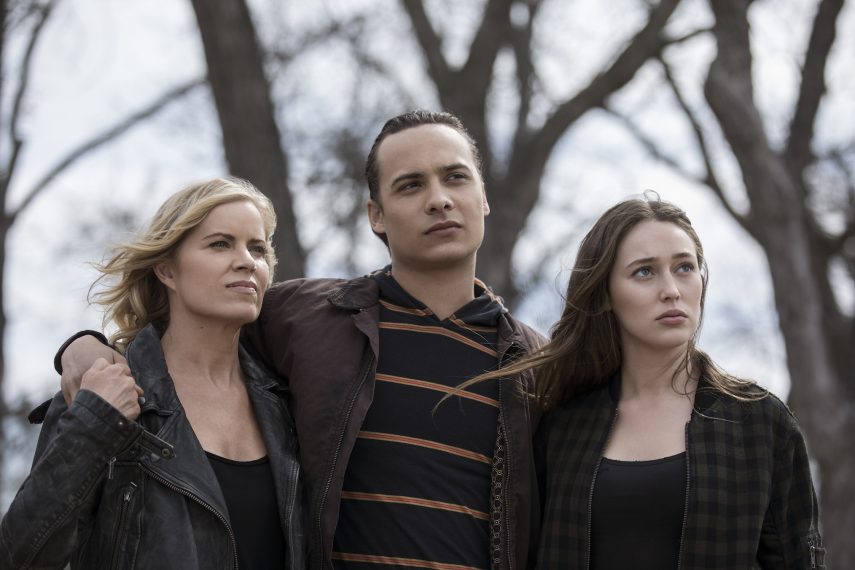
The main characters on the current show seem to like each other only because the script declares it. Original Fear was fun because its foundations rested not on adherence to morals, but a blended family. Love her or hate her, Madison Clark’s relationships with Nick, Alicia, Strand, Daniel and others were well-established and her character arc was clear—she would do anything to protect her own, which whittled away at slivers of a humanity she might’ve never had. As her kids realized who she was, they wondered whether they were on the wrong side, or if, as she claimed, “sides don’t matter.”
The formation of those relationships followed a familiar pattern. First, the characters were well-established as individuals. Then, a family bond was explained, or a friendship formed. Finally that relationship evolved and changed along with the characters, sometimes getting stronger, sometimes decaying. New Fear hasn’t gone beyond the first part.
After all, Fear spent most of last season trying to convince audiences that despite being the indirect cause of her mother’s death and the direct cause of her brother’s, Charlie was now Alicia’s semi-adoptive little sister. If that’s true, in Season 5, why hasn’t she seemed worried about Charlie? One of the more fun Season 4 episodes featured the drastically different John Dorie and Strand being forced to get along or die trying, but they haven’t talked this season. Althea just now got a backstory, after being something of a total mystery for a season and a half. Who is the “Daryl” to Morgan’s “Rick”? It’s hard to say, because Morgan hasn’t developed a rapport with anyone. Exempting the John/June romance, the relationships among Strand, Alicia and Daniel, and maybe the bond between Dwight and John, the show hasn’t watered the seeds of relationships it has sown.
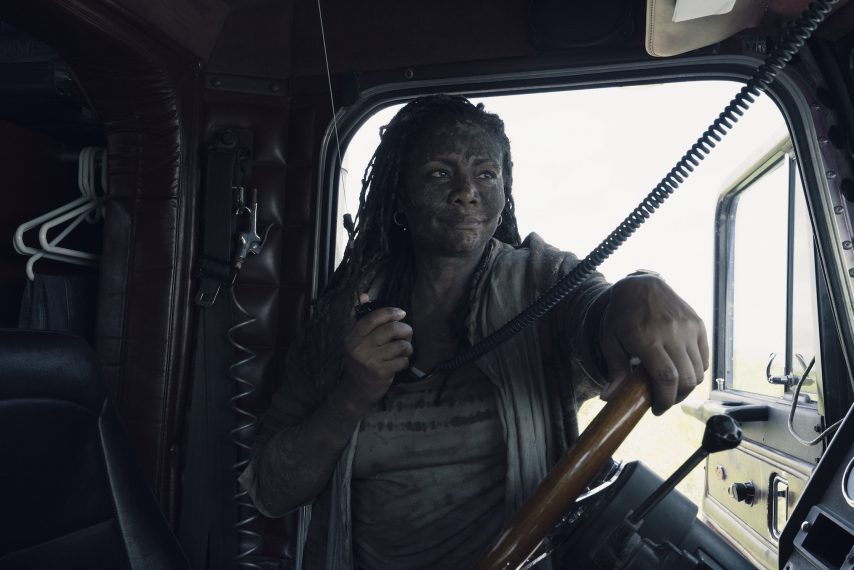
Paper-thin villains have also been tormenting it since original showrunner Dave Erickson’s departure. The Otto family was some of the most interesting antagonists because they were awful people, but they—well, okay, just Jake and Troy—were sympathetic. Qaletaqa Walker, the villain-who-was-really-the-good-guy for the first half of the season, proved a fantastic addition to the cast. The conflict between the ranch and Qaletaqa’s reservation was about more than survival: It was about heritage, history, race and family. A disturbingly likable sociopath in the same vein as Killing Eve‘s Villanelle, Troy was originally supposed to survive, and he likely would’ve continued a redemption arc that saw him become Nick’s BFF and Madison’s… adoptive son? Twisted love interest, given their weird chemistry? Both?!
The Proctors, too, were just getting interesting when Season 3 ended. But even they, with their relatively little screentime, had more depth than the villains the new Fear has constructed. The nice thing about the Season 3 villains was that they mirrored the protagonists in a way that added dimension to their stories; Jeremiah brought out Madison’s dark side, Troy and Nick were oddly well-suited to each other as equally broken souls, Qaletaqa and The Proctors forced Alicia to think for herself and be a little manipulative. Season 4’s antagonists held no such significance. The Vultures didn’t make sense. How does one steal from a place if they wait for said place to use all its resources? From there, the show moved to Martha, the woman who wanted to “make people strong” by turning them into walkers. It was clear she was a walking example for Morgan to point to and say “this is why we should help people!”, and there were a litany of inconsistencies with her character, too. That brings us to the first half of Season 5, which hasn’t had a villain since the Logan storyline was dropped in favor of watching the group mull around trying to fix a plane that should be unfixable. But it’ll get flying again, through the power of belief, probably.
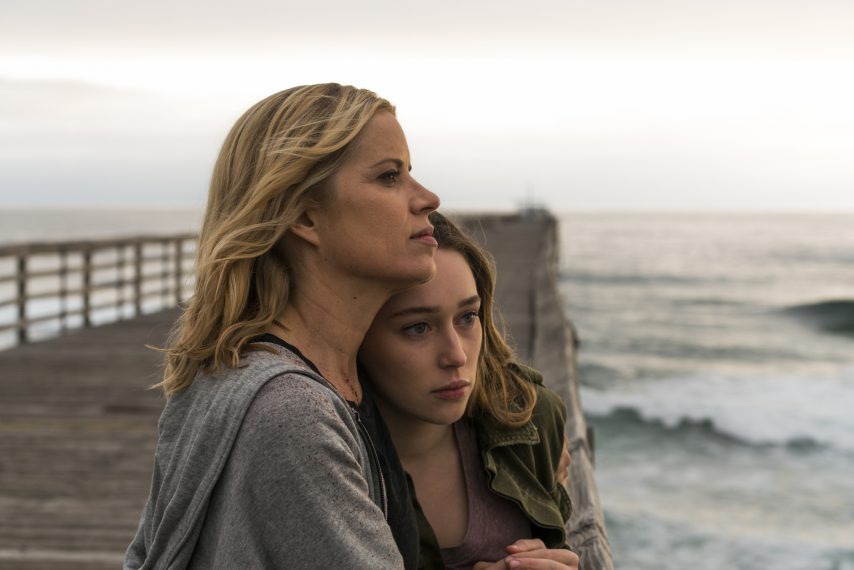
Which brings up the final point: On the original Fear, there was a sizeable morally gray area, and that was where the Clarks, Strand and Daniel operated. They did some nasty stuff, they toppled some nice communities, and they weren’t too torn up about it afterward. Madison or Daniel would never have uttered the words, “We’re here to help,” because at their core, they weren’t. That was a refreshing divergence from the main show. On Fear, viewers were watching a group descend into villainy and find ways to benefit from the chaos of a ruined world.
When the show changed hands, it became a quest to help as many people as possible. That could still be an interesting story if told right, but right now, it isn’t. The show has spun its wheels for a half-season with plots that don’t connect between episodes and ultimately go nowhere, pretended a kid and a storybook could convince adults a totaled plane is fixable, supposed young children could disembowel and tie up large groups of walkers without getting bitten, used a deus ex hot air balloon even though that technology should be alien at this point in the apocalypse and uttered “do you copy?” and “help” a staggering number of times. It also quite literally sapped the color from the program, trading the vibrant yellows, oranges, pinks and blues of California and Mexico for washed-out, grayish, shadowy tones that don’t do justice to the Texas setting.
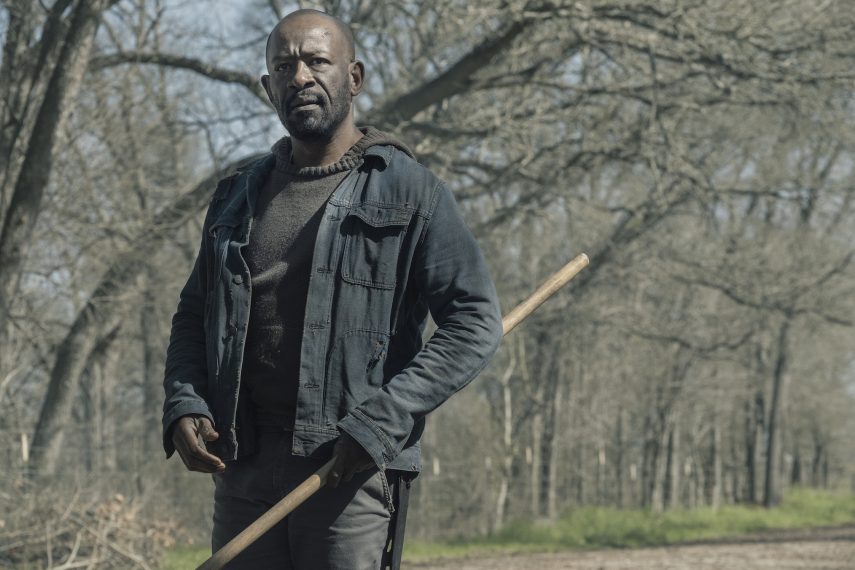
Now, this doesn’t mean there’s been nothing to appreciate. The writers seem to have listened to fans and given the splendid Alycia Debnam-Carey more screentime (and a badass leather jacket), and original characters like Strand, Daniel, Alicia and Luciana have interacted. Much as it was with Game of Thrones‘ final season, the actors do well with what they’re given and should not be faulted for the less logical aspects of the narrative. Althea’s bottle episode was a bright spot, doing away with all the “help” stuff in favor of telling a simple love story and hinting at the mysterious CRM group. For those who had been following the show from the beginning, Daniel’s return was welcome. Dwight is still cool, and a worthy crossover character.
But these good things—which could even become great things—are bogged down by a sad truth. As many have noted, “save everyone”-moral Morgan was never the most interesting Morgan. Even on the main show, the man who tied up killers (remember the Wolves? The one Wolf Morgan hid in an abandoned house and body-slammed Carol for insisting he needed to die? Yeah.) in an attempt to rehabilitate them was groan-worthy. “All life is precious” is a fine mantra, but as the central premise for a show about the collapse of society, it grows tiresome. Perhaps that’s why the past season and a half has felt rather hollow. Most viewers don’t tune in to a show about zombies to be given a lecture on morals and helping people; They tune in to see the struggles and triumphs of survival, to explore the broken world these flawed characters call home, and to feel frightened for them when things go awry. The Walking Dead did that, and in Season 9, it proved it’s still doing it well.
Fear The Walking Dead, for all its earlier flaws, did it mostly right for three seasons. As Morgan’s pal Rick might say, it’s not too far gone. The show could do it right again and go from passable entertainment to compelling television—if it brings back the fear it’s sorely missing.
Fear the Walking Dead, Sundays, 9/8c, AMC
